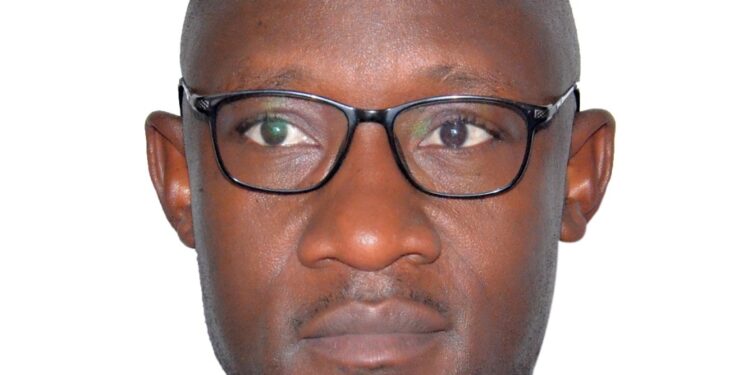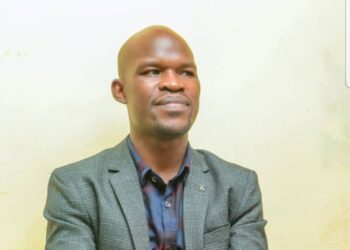Dear Riamiriam Civil Society Network. Iam writing on behalf of the Karamoja Anti Corruption Coalition (KACC) to express our gratitude for the baseline study you conducted in the Karamoja Subregion from September to November 2024. Your baseline accurately reflects the problems and issues within Karamoja as evidenced in the UBOS National Household Survey Report (2024) launched in Kampala on Thursday, May 15th, 2025.
According to UBOS, the Karamoja sub region is facing numerous challenges in Uganda. UBOS highlighted that despite national progress, poverty in Karamoja has significantly worsened, rising from 65 percent to 74.2 percent ( National Household Survey 2023/2024).
During a dissemination of findings in Moroto on May 15th, a baseline study conducted by Riamiriam and funded by the Royal Danish Embassy in Uganda, presented to CSOs and government technocrats at Hotel Lesslona.
Riamiriam’s findings revealed that households in Karamoja are struggling with poverty. Many are surviving as casual workers, while others rely on crop farming, which suffers from high failure rates due to prolonged drought and erratic rainfall. The findings in the health sector closely align with what KACC has been monitoring and reporting on in Karamoja.
For example, in some districts, health units have a high patient load of almost 5,845 people per facility, leading to frequent medicine stock-outs. In Kotido district, the report revealed that men are treated rudely by health workers, highlighting an issue that needs further investigation.
In Karamoja, it is a well-known fact that the education sector is underperforming (Mabugu et al, 2017; Datzberge, 2022; KACC, 2024; Mukisa, 2025).
Evidence from the Riamiriam study shows that School Management Committees lack the competence to effectively supervise duty bearers. Issues such as teacher absenteeism and excessive drinking continue to persist in some districts, largely due to the ineffectiveness of oversight bodies. This is a widespread problem across all districts in Karamoja. Additionally, Riamiriam’s finding revealed that there is no mechanism in Karamoja for coordinating stakeholders involved in holding duty bearers accountable. In my opinion, this could be one of the reasons contributing to poverty in Karamoja.
The question for the people of Karamoja is: Despite a national decline in poverty to 16.1%, Karamoja’s poverty rate stands at 74.2%, which is four times higher than the national average. What could be the solution to reverse these concerning figures in Karamoja?
Ayub Mukisa (PhD)
Executive Director-Karamoja Anti Corruption Coalition (KACC)
Email: ayubmukisa@gmail.com
Do you have a story in your community or an opinion to share with us: Email us at editorial@watchdoguganda.com














